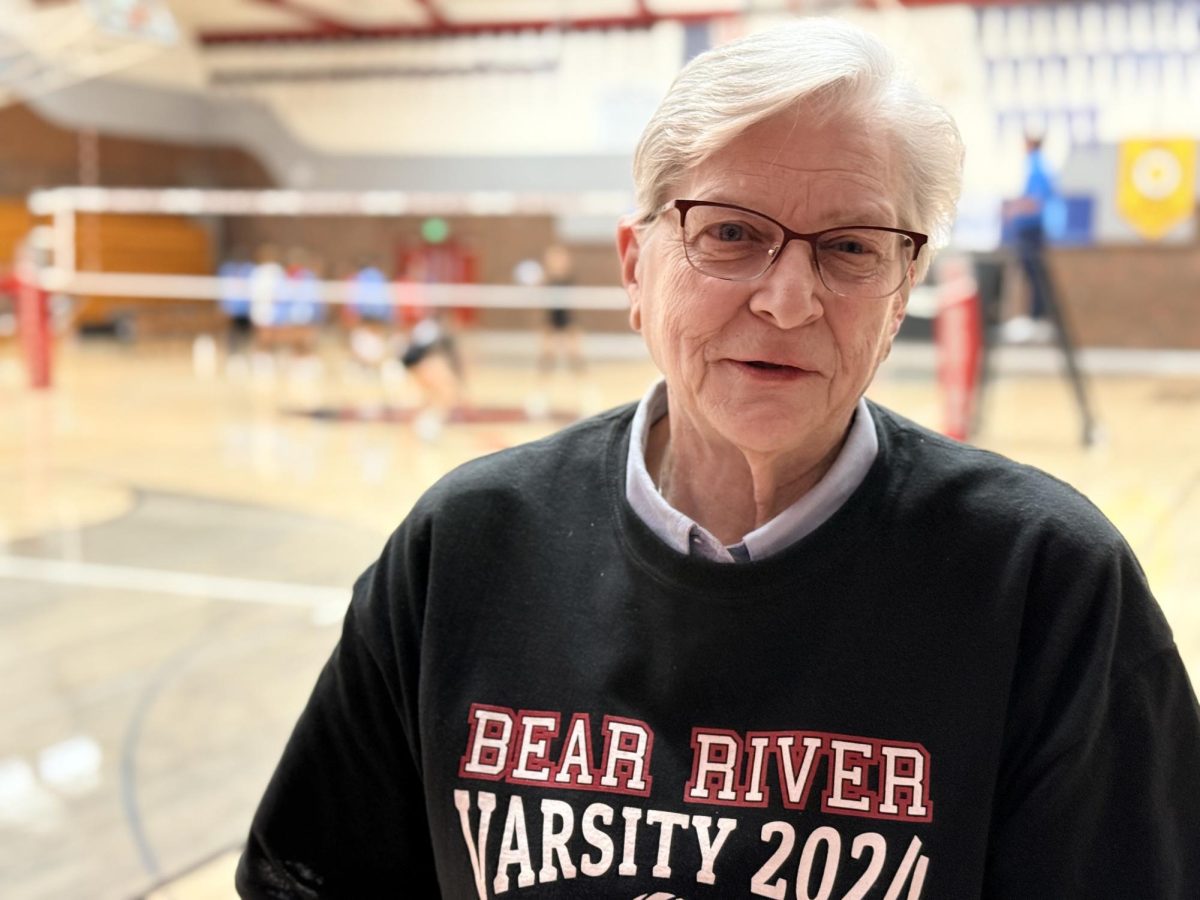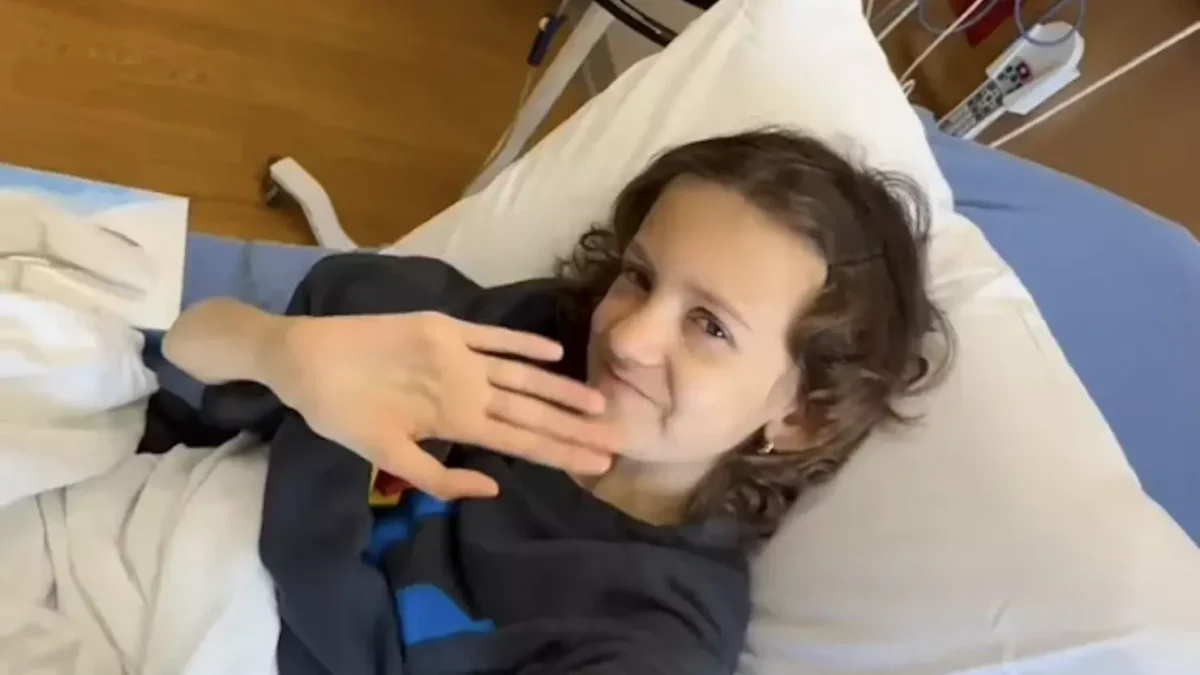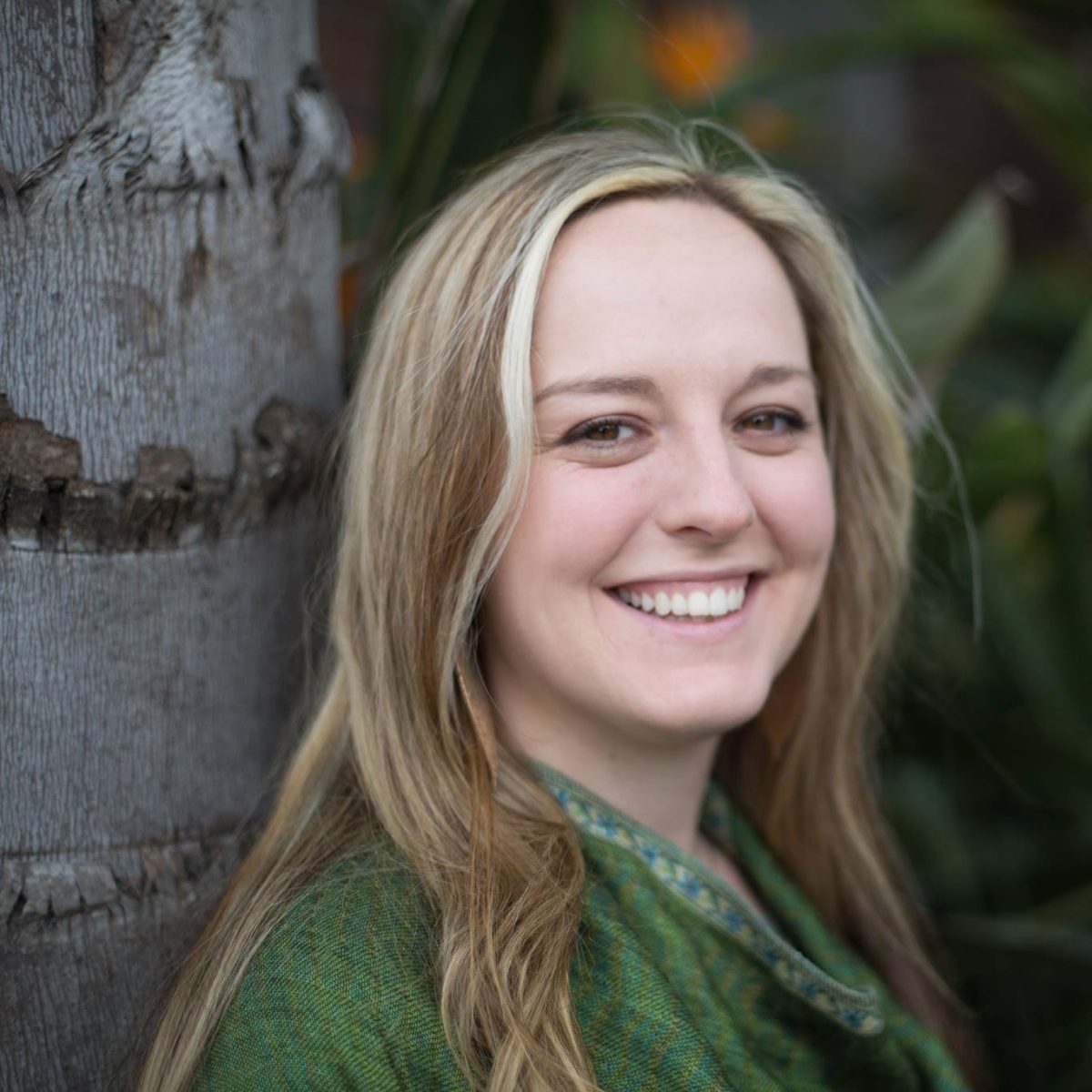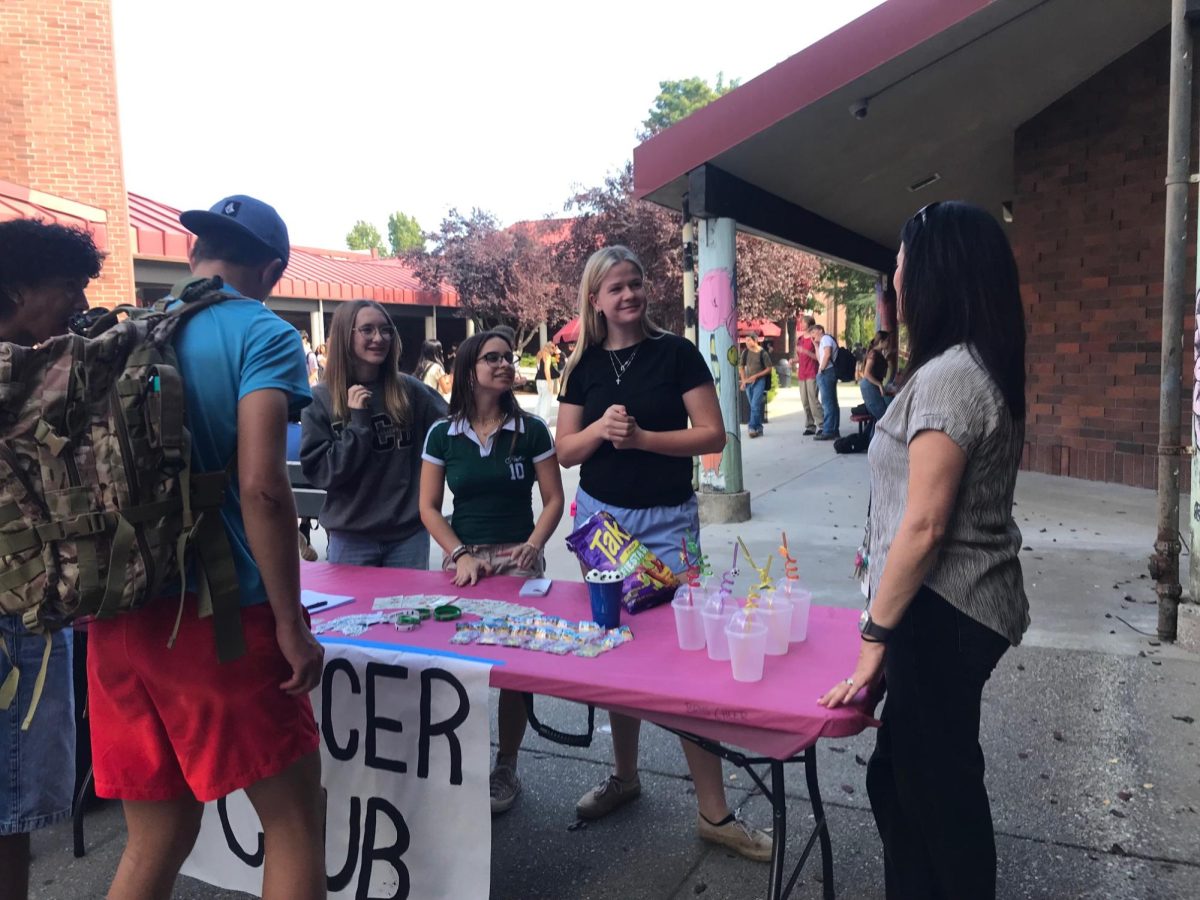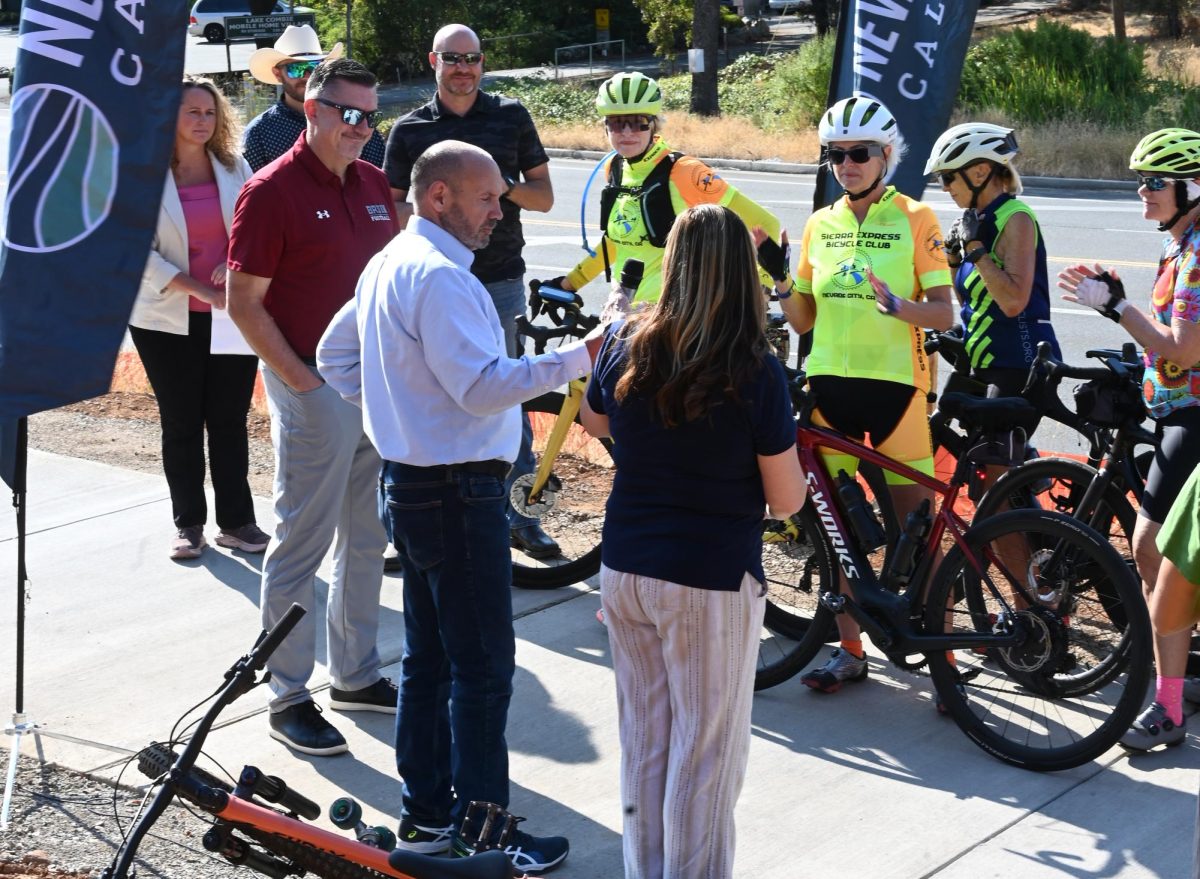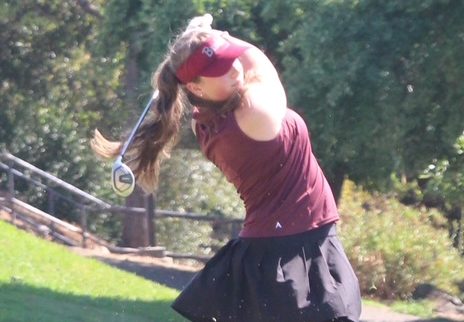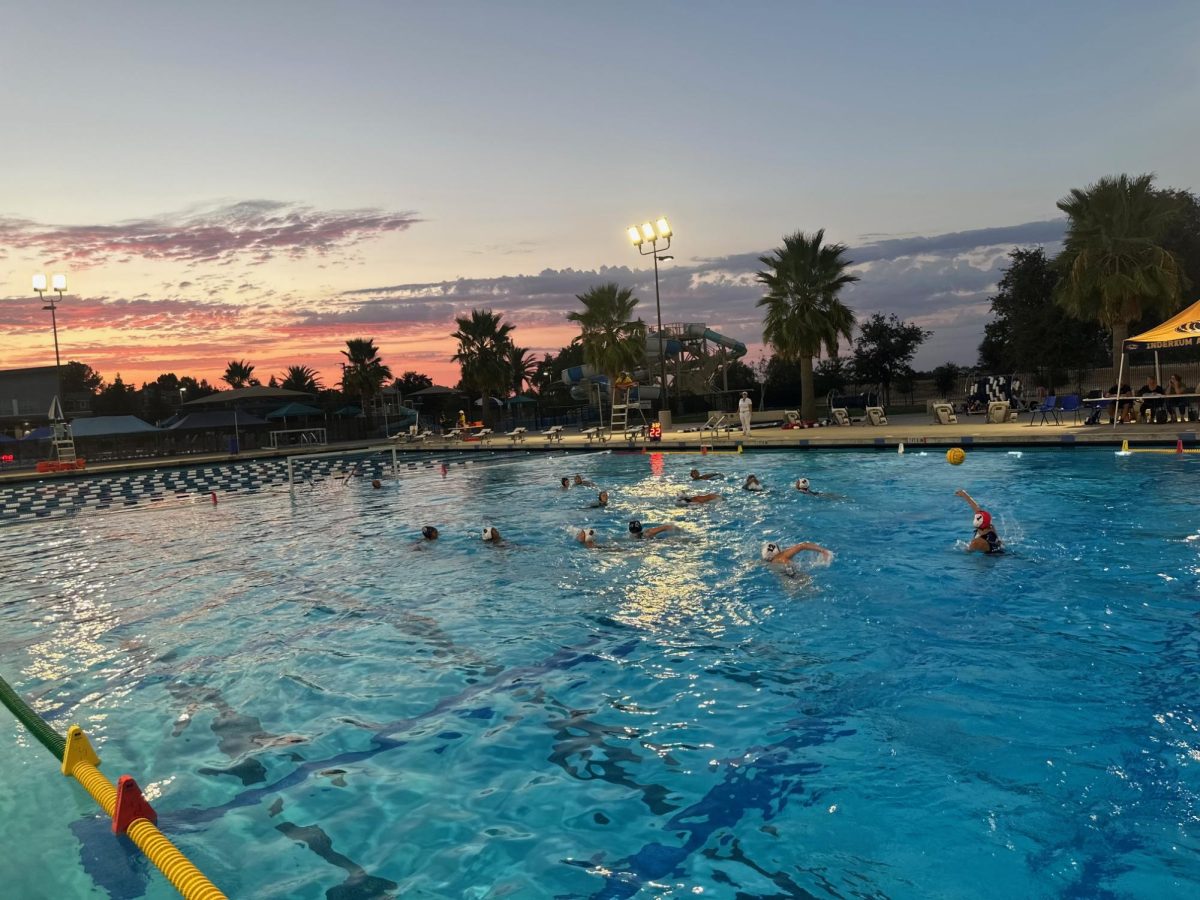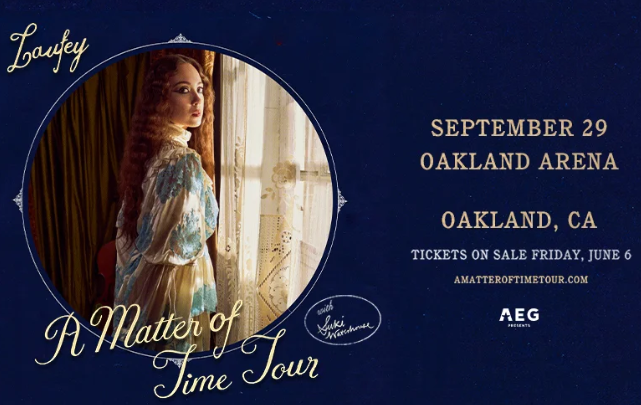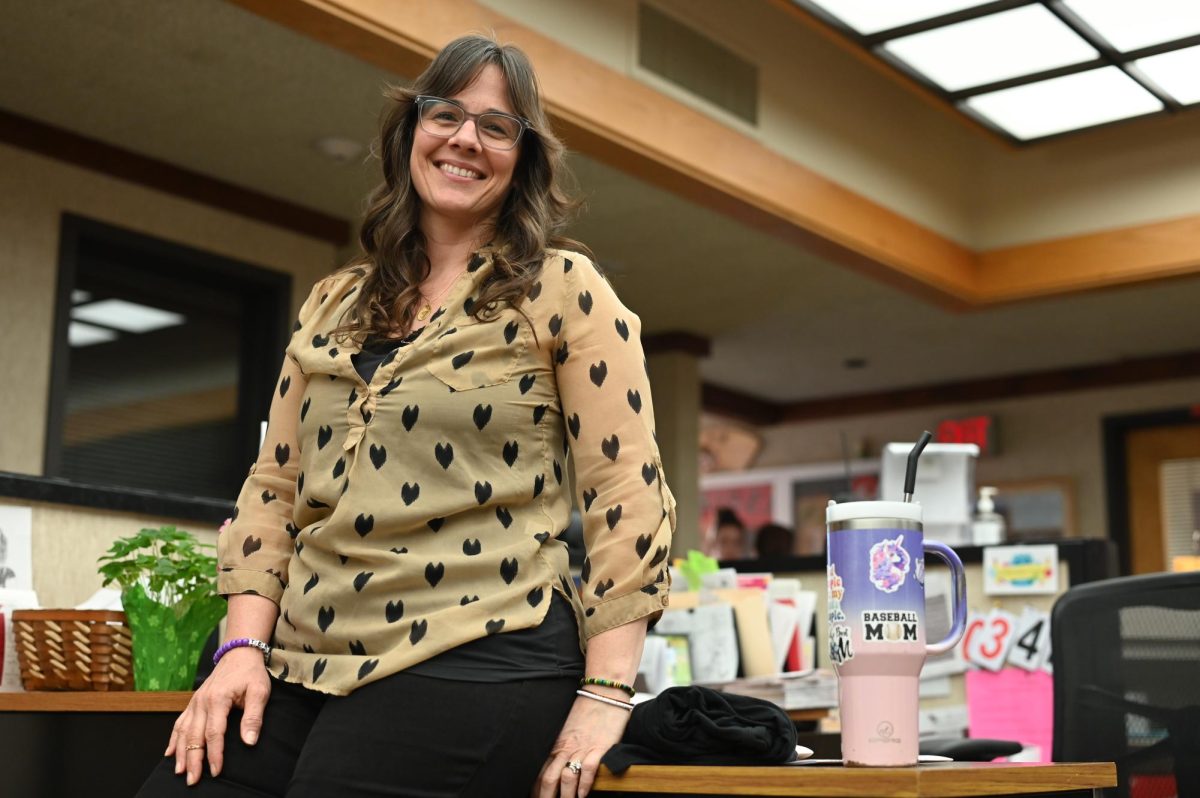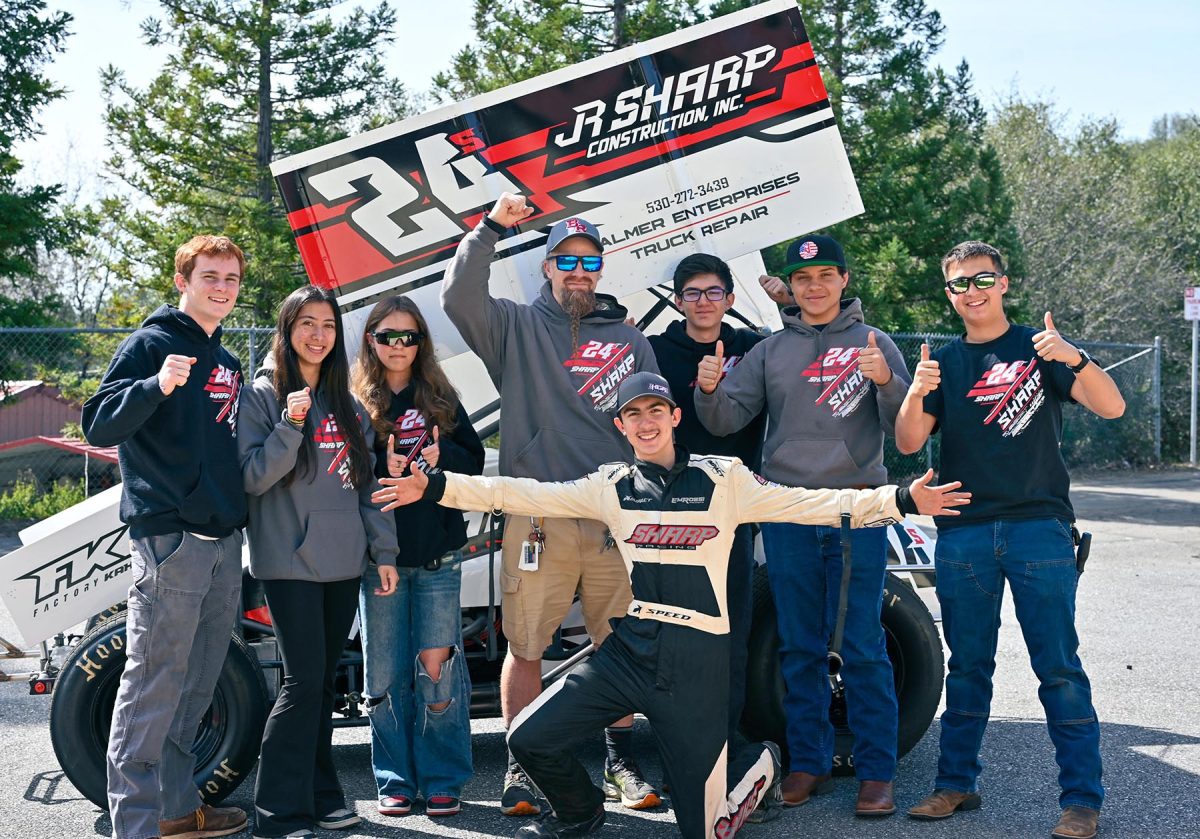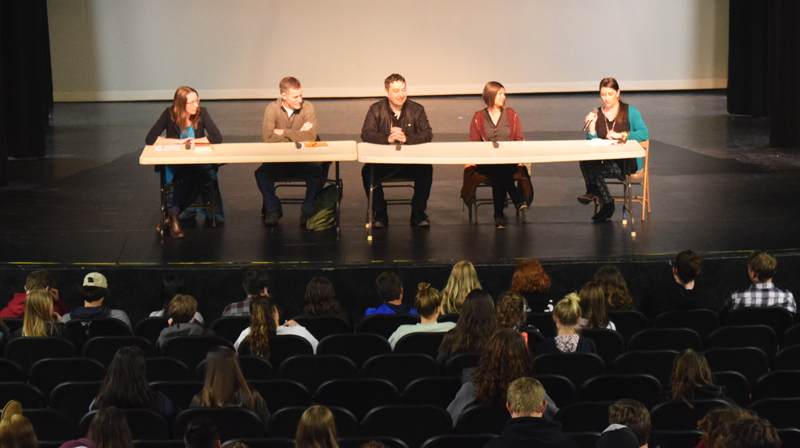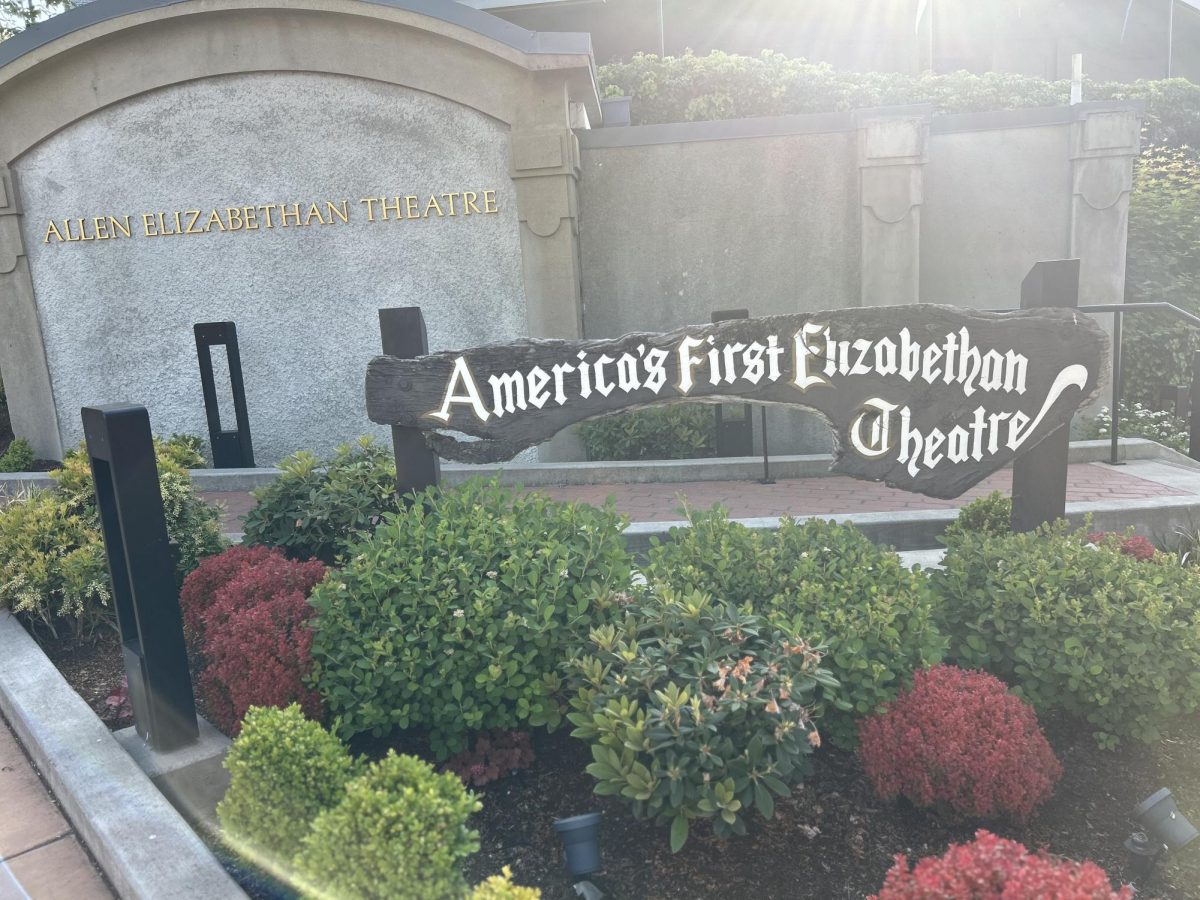Bruins had an out of this world experience when a panel of scientists came to talk about “The Martian.”
On Friday, April 7, Bear River hosted a panel of four scientists who explained the rights and wrongs in the book and film “The Martian,” as well as a detailed conversation about real life Mars exploration.
Students had no concrete expectations for what the panel would be like.
“(I expected) it to be informational,” said Chan Looper, a junior.
“I thought it was going to be lame,” said Skylar Allen, a junior.
“I wasn’t expecting to follow the speakers because I hadn’t read the book,” said Luci Livingston, a junior.
“(I thought that) they were coming to do exactly what they are supposed to do; explain the book and prove if the points are feasible,” said Dylan Starkey, a junior.
Panelists explained what they talked about on stage.
“We talked about what I did in life to become a scientist and we talked about the challenge of going to Mars and how it might happen in the near future,” said Pascal Lee, the director of NASA’s Haughton-Mars Project.
“I talked about some aspects of designing and developing a mission, as well as the space industry,” said Jamie Molaro, a Planetary Scientist and Postdoctoral Research Fellow at NASA’s Jet Propulsion Laboratory.
“(I focused on) the manned element of the ‘Mars Mission,’ primarily the astronauts,” said Jim Ronka, a former member of the Navy’s Space Cadre.
“I discussed the feasibility of the growth of plants on Mars,” said Ellen Pimentel, a botanist.
The panelists discussed what they hoped students would gain from the experience.
“I hope students get what it takes to work in the field that the panelists are in,” said Josie Andrews, Bear River’s librarian.
“Considering student’s have generated questions, I hope to have a better understanding of their career interest in the field of space exploration,” said Mr. Ronka.
“I hope the students are (leaving) with an excitement for science and an interest in a science field,” said Ms. Pimentel.
Students responded to the panelists hopes with bright eyes.
“(I gained) a lot of information and knowledge,” said Allen.
“I felt like it would be an interesting book to read,” said Livingston. “Scientists are seriously looking into populating Mars.”
“I know a couple facts about Mars now so that’s cool,” said Starkey.
Students continued on to express their thoughts about the panel.
“It was pretty cool,” said Allen. “(The panel) had accurate information about the book and being able to achieve this in real life.”
“It was really nice and (the panelists) were good people,” said Starkey.
The librarians in Nevada County worked together to bring the panelists to Bear River.
“I worked with Crystal Miles, the branch manager of the Grass Valley library, and she reached out to the panelists to get them here,” said Mrs. Andrews.
Panelists confirmed that the librarians are the masterminds behind this plan.
“I have a good friend who works for the Nevada County library and while they were putting the panel together they were looking for a botanist so she asked me,” said Ms. Pimentel.
“I got an email from Crystal Miles and she wanted somebody who worked on the “Humans to Mars” program to come in and talk about the book,” said Mr. Lee.
“Judy Nielsen, a friend and mentor throughout my career, contacted me to be on the panel,” said Ms. Molaro.
Students viewed the panelists very highly and had lots of respect.
“I like how there was a fair amount of women along with men up on the panel and that it shows anyone can be a scientist,” said Allen.
“They seemed nice and knowledgeable, because it seemed like they knew what they were talking about,” said Livingston.
“They were really smart people and they really proved the points of the book,” said Starkey.
Panelists stated their reasons for participating in this event.
“I really like talking to young people about space and science because it’s really cool and I would like to encourage others to study it,” said Ms. Molaro.
“I have a desire to help students and young people discover careers in STEM fields,” said Mr. Ronka.
“I think it’s important for people in the space program to reach out to the public and schools to talk about the real work being put into sending humans to Mars,” said Mr. Lee.
Students were in agreement about wanting another panel.
“(I would go again) because it was entertaining and informative,” said Looper.
“Yeah (I would want to do this again), because I think a lot of people gained something from it,” said Allen.
Mrs. Andrews responded to students’ desires.
“(I would) absolutely (do this again)!” exclaimed Mrs. Andrews.
Mr. Lee had a final thought about the stellar event.
“One thing I shared with students was that ‘to do science is not easy, but it’s very rewarding and people should follow their dreams,’” said Mr. Lee.


